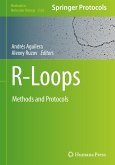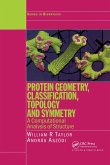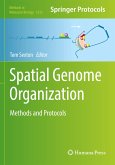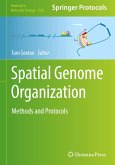This detailed book compiles a series of laboratory protocols covering the most important aspects of R-loop biology. Beginning with a range of methods allowing for the detection of DNA-RNA hybrids, as well as their purification and visualization by electron microscopy, the volume continues with methods based on the use of RNase H-derived tools to detect DNA-RNA hybrids in vitro and in vivo. Several protocols permit studying non-canonical RNA nucleotides in the R-loop context, as well as a number of specific protocols devoted to the investigation of R-loop topology and their functional roles in the biology of mitochondria and telomeres. Finally, a large block of chapters is dedicated to different methods allowing genome-wide mapping of DNA-RNA hybrids in various organisms. Written for the highly successful Methods in Molecular Biology series, chapters include introductions to their respective topics, lists of the necessary materials and reagents, step-by-step, readily reproducible laboratory protocols, and tips on troubleshooting and avoiding known pitfalls.
Authoritative and practical, R-Loops: Methods and Protocols serves as an ideal resource for those working on R-loop homeostasis but also to scientists studying such areas of molecular and cell biology as genome integrity, DNA replication and repair, chromatin remodeling, transcription, RNA processing, modification and export, as well as for researchers elucidating the molecular mechanisms of cancer and genetic diseases.
Authoritative and practical, R-Loops: Methods and Protocols serves as an ideal resource for those working on R-loop homeostasis but also to scientists studying such areas of molecular and cell biology as genome integrity, DNA replication and repair, chromatin remodeling, transcription, RNA processing, modification and export, as well as for researchers elucidating the molecular mechanisms of cancer and genetic diseases.








